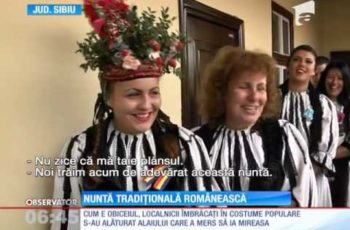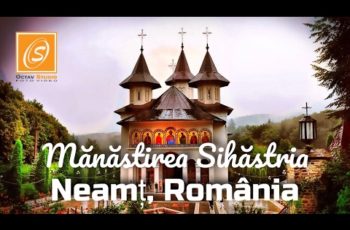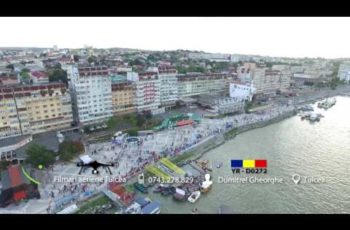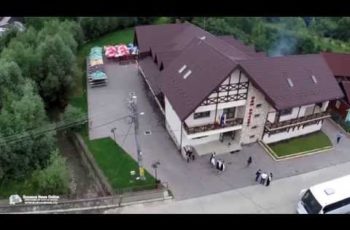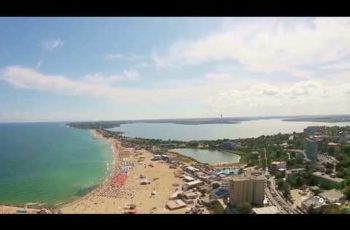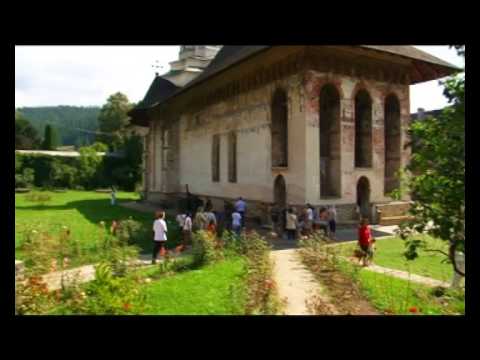RO: Manastirea Cetatuia – Negru-Voda aflată la 22 de kilometri de oraşul Câmpulung Muscel, la o altitudine de 880 de metri, Mănăstirea Cetăţuia Negru-Vodă seamănă cu Schitul Meteora din Grecia şi este considerată cea mai aspră sihăstrie românească. Alimentele, materialele şi apa se transportă până acolo cu un funicular.
Schitul Cetăţuia este amintit în timpul lui Mihai Viteazul care a trecut pe acolo în anul 1595. Domnitorul Constantin Şerban s-a refugiat în acest loc în 1658, iar în anul 1690 şi Constantin Brâncoveanu. Atunci schitul era metoc al Mănăstirii Negru Vodă din Câmpulung – Muscel.
Cel mai înalt colţ de stâncă de pe vârful Cetăţuia este o cruce, supranumită „crucea dorinţelor”. Aici s-a rugat Negru-Vodă să scape de năvălitori. Aceeaşi legendă spune că celui care ajunge aici şi se roagă îi vor fi îndeplinite trei dorinţe. Dar aceste dorinţe trebuie chibzuite cu grijă.
EN: Cetatuia – Negru-Voda Monastery located 22 kilometers from the town of Câmpulung Muscel, at an altitude of 880 meters, Cetăţuia Negru-Voda Monastery resembles the Meteora Hermitage in Greece and is considered the harshest Romanian hermitage. Food, materials and water are transported there by funicular.
The Cetăţuia hermitage is mentioned during the time of Mihai Viteazul who passed there in 1595. Prince Constantin Şerban took refuge in this place in 1658, and in 1690 Constantin Brâncoveanu. At that time, the hermitage was part of the Negru Vodă Monastery from Câmpulung – Muscel.
The highest corner of the rock on the top of the Citadel is a cross, called the „cross of desires”. Here Negru-Voda prayed to get rid of the invaders. The same legend says that whoever comes here and prays will have three wishes fulfilled. But these desires must be carefully considered.
#monastery #cetatuia #cnaerialview
